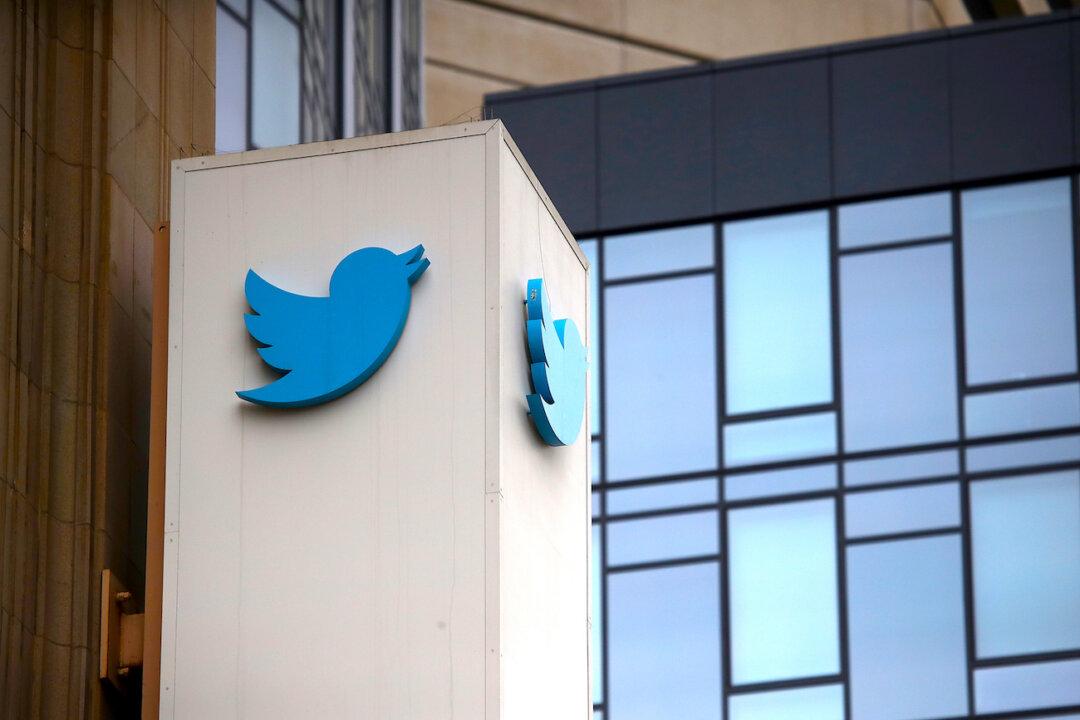Commentary
In August 2021, Alex Berenson, a former journalist for The New York Times, was permanently banned from Twitter for writing the following lines about the COVID-19 shot.

In August 2021, Alex Berenson, a former journalist for The New York Times, was permanently banned from Twitter for writing the following lines about the COVID-19 shot.